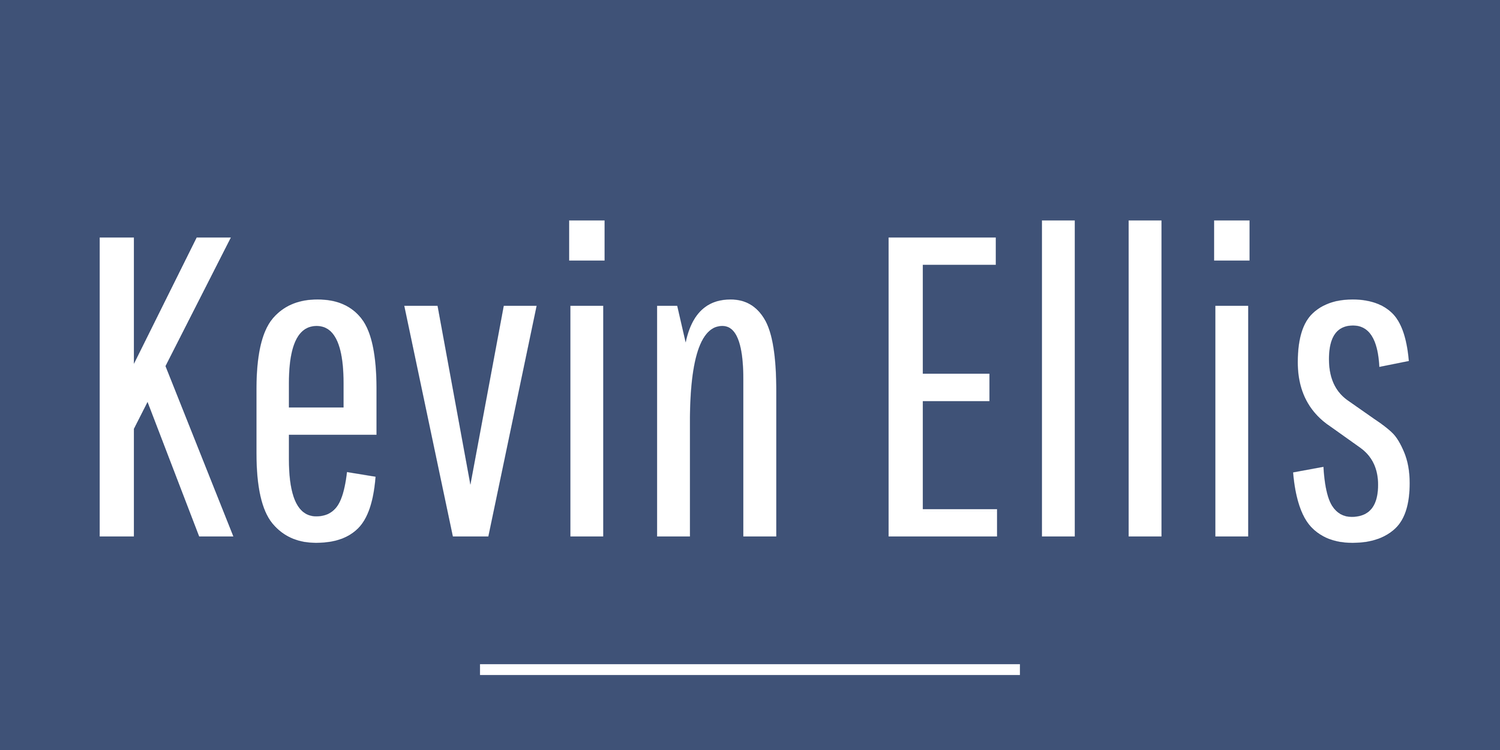The Courage of Governors
Before Howard Dean was a liberal media darling of TV audiences and liberal voters, he was a moderate, stingy, sometimes prickly governor of Vermont.
From 1991-2003, Dean angered liberals who wanted to spend money on programs. Democrats believed that controlling the government means the ability to invest in new ideas, social services and take some risk.
But Dean focused on balanced budgets.
I’ll never forget Dean telling me in his office that same sex marriage would not pass in Vermont after the Supreme Court ruled that gays were being discriminated against. “We are not doing this,’’ he said.
Like any smart politician, he grew and evolved and came to realize where the country was headed. Like JFK on civil rights. Too slow to lead. But smart enough to go along.
Dean rarely used his political capital to make big things happen, to change Vermont for the better. He worked around the edges and right down the middle. When he grew bored at home, he ran for president and came close to winning the Democratic nomination, ironically as a liberal firebrand.
Now that moment has found Phil Scott, the moderate Republican governor of Vermont. Scott issued a statement on Twitter this week calling for unity and promising that Vermonters would come together and endure this pandemic by helping and caring for each other.
It was classic Scott and well said. Like Dean, Scott is a moderate. He has handled the COVID-19 virus very well and never once has he hesitated to share the limelight. He puts his best people forward to speak to the press and the public at every turn.
Because of that performance, the governor is poised to win re-election and has a huge opportunity in front of him if he decides to seize it.
Scott lacks the ego of most politicians. You could see him returning home to Barre, VT and the racetrack, his construction company and the biking he so enjoys.
But there is another route. The route Dean and most politicians don’t take. With a mandate from the voters for a job well done, Scott could decide to spend political capital and make some big bets on Vermont’s future.
We know Vermont is at a crossroads. Our population is shrinking. Our schools are antiquated. Our retail businesses are closing because of COVID and Amazon. Opiate addiction is out of control. Mental health challenges are rampant. And we don’t have the money to invest in the growing start-up culture in Burlington and beyond. Hundreds of school children and their parents don’t have Internet in their homes.
The governor could attack these problems by going big. But it requires him to chart a new course - one that includes Democrats and Progressives and Republicans. It’s a course that might anger some but prove to the great benefit of Vermont’s next generation.
He could bring all sides together in an historic effort to envision the next Vermont under the banner of the term “prosperity.’’
Scott could go see House Speaker Mitzi Johnson and incoming Senate President Becca Balint and make a deal to work together for the next two years without regard to winning elections. It’s not too hard to imagine. The Democrats will safely control the legislature for a generation. And Scott knows that Vermont Republicans are moribund with little future. Both sides are politically safe. Scott can use his widespread respect and political support to pursue a new agenda focused on prosperity.
But that doesn’t just mean Republican tax cuts and budget austerity. It includes climate change resilience and tax policy and Act 250 and racial justice all in one discussion. Health care reform, mental health, better public education, broadband. Take it all on. And do it together.
How?
By creating the Commission on the Future of Vermont, the “Prosperity Commission’’ for short. Bring together the finest minds in the state from all backgrounds and locations to talk, debate and listen about how best to fashion this new Vermont.
There are certain givens. We need more people here. Start with 25,000 as a goal. More families here, working, paying taxes and filling schools, weatherizing old houses and demanding affordable housing in downtowns. These people will create businesses and employ people.
We can deploy our best assets - a great outdoor lifestyle, a small responsive government and a safe place to live in an uncertain COVID world.
The commission would work for two years. It would have staff. It would break up into committees according to subject matter. It would issue a report to the legislature that would have the support - a commitment - of the governor and the legislative leadership because they will have agreed beforehand to support the result.
To prepare, the governor could order his Commerce Agency to come up with a marketing plan for the commission to attract these 25,000 new people. Apparently, one does not exist.
On the Commission’s desk he could dump the report of the 2011 Blue Ribbon Tax Commission. That panel made far-reaching proposals that have gone nowhere. We are leaving millions on the table by ignoring it.
The Final Report: Blue Ribbon Tax Structure Commission
I would ask former Green Mountain Power CEO Mary Powell and writer, consultant and entrepreneur Bill Schubart to be the co-chairs. I’ll list my favored commissioners in subsequent posts. I invite you to submit your own. Mine will be skewed toward my own experience and contacts. So I’ll need help finding the next generation, the people of color, the newcomers to politics.
It’s out of the box and politically risky. And politicians are nothing if not risk averse. But maybe we have a legislature and a governor confident enough in their political security and concerned enough about the future of the state that they can come together and make history.
To do nothing is unacceptable to the next generation.

